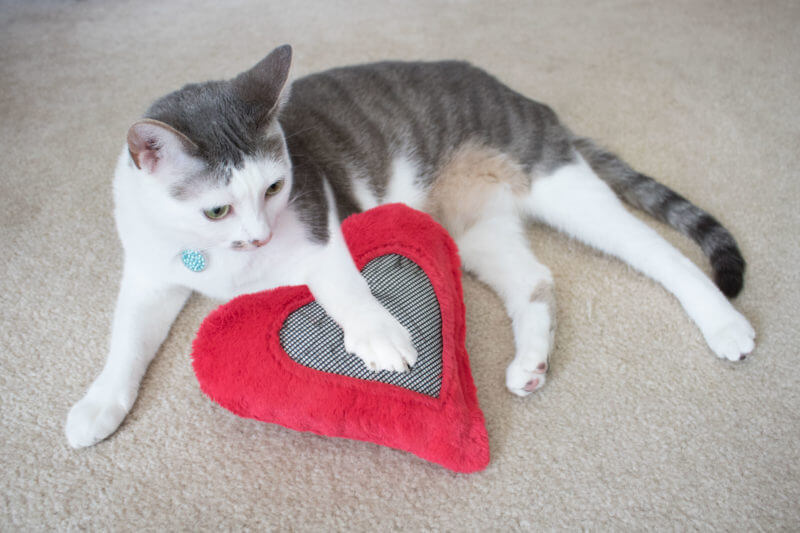Many people hold an incorrect assumption that cats are solitary animals that do not need a lot of attention. Although they may be more independent than dogs, cats are actually very social and affectionate with their human companions and even other pets in the house.
Unfortunately, the thought that cats don’t require much time and care leaves many owners struggling to understand strange behaviors from their feline friends. We’ve almost all heard of dogs having separation anxiety and how severe it can be, but most don’t realize our cats can suffer the same distress. Feline separation anxiety is more common than many believe, and it’s important to understand the signs so we can provide our cats with a happy, healthy, stress-free life.
Symptoms
Separation anxiety usually rears its head by means of undesirable behavior from our cats. Cats exhibit stress differently than people, so we need to make sure we’re paying attention to the little things. Excessive grooming, crying when the owner leaves, overly excited greetings upon the owner’s return, vomiting, urinating and defecating outside the litter box, a loss of appetite and destructive behavior – such as clawing and scratching at the bottom of doors to escape their apparent solitary confinement – are all ways cats show us their distress.
There are many causes of stress in cats, but if you notice these behaviors and your veterinarian states your cat has a clean bill of health, you may want to consider that your cat is suffering from separation anxiety.

Treatment
Depending on the level of distress your cat feels when you’re away, there are many different things you can do to limit the discomfort your cat is feeling. Offering new toys will keep playtime interesting and can provide something for your cat to do while you’re away. Scratching posts and climbing posts or shelves will give your cat ways to relieve stress, get some exercise, and view the world around them. Placing bird feeders near windows will offer your cat something to watch and stay distracted. Certain natural essential oils have been developed to assist with easing stress and anxiety in cats, so it’s recommended to talk to your veterinarian about these treatments as well.
It’s important, though, to remember to spend time with your cat when you are home. Make sure you play with, pet, and socialize with your cat. If you don’t see adequate improvements, your veterinarian might suggest medication to help your cat overcome the anxiety.
Anyone thinking about getting a cat needs to consider their schedule and whether they’ll have adequate time for their feline friend. It’s important to understand our cat’s needs, because a lifetime of love is worth the special attention.

Separation anxiety is more common in cats than many people realize and it’s important to educate current and potential owners that cats are not the solitary creatures that society often makes them out to be. Cats need love and attention, they need to be played with and entertained, and they need to feel bonded with their humans.
Offering a calm yet stimulating environment while you’re away may take some time and patience, but it can be done. The health and happiness of your cat is worth the effort of fighting separation anxiety. Remember that continued stress is not only an emotional issue, but can cause a variety of physical health problems as well. Separation anxiety is serious and can escalate, so catching it early and making the right changes will keep everyone happy and healthy for years to come.
The Project Play™ Comfort Cuddler™ can help relax your pet when she experiences any stress at home, in her carrier – anywhere. It features a pouch with a mesh window into which you can insert something that smells like you. When you purchase one for your cat from the iHeartCats store, you provide a toy for a shelter cat!

